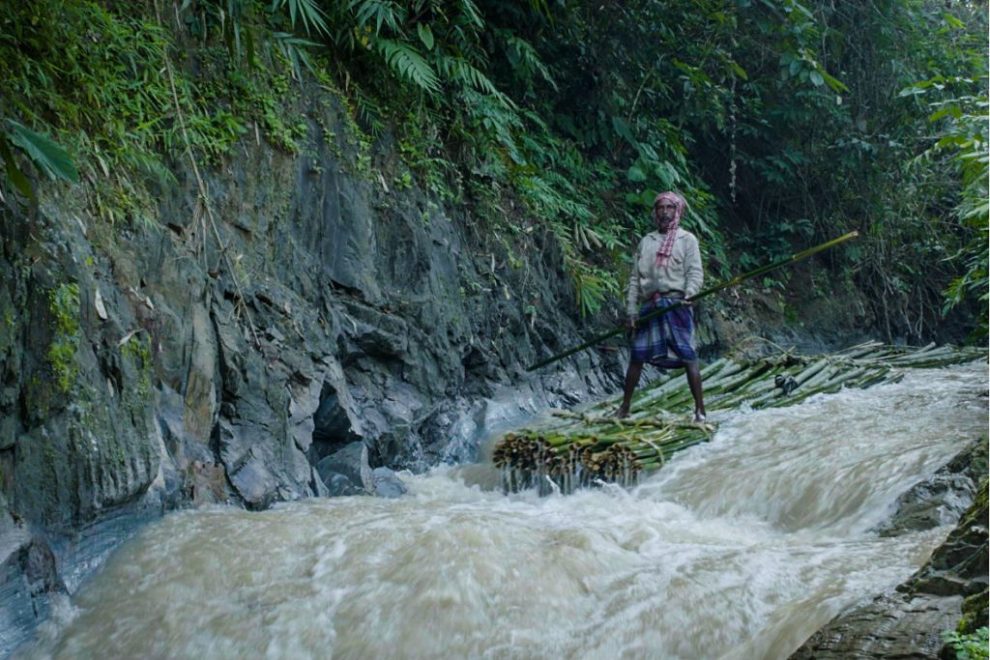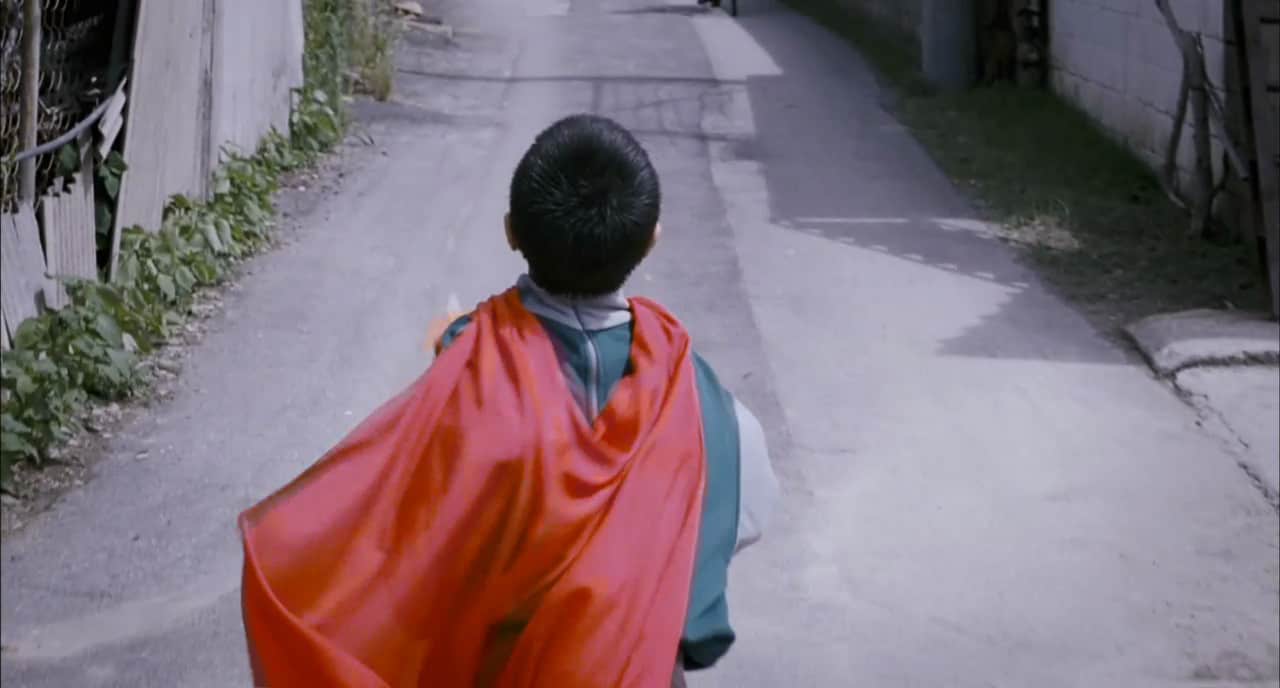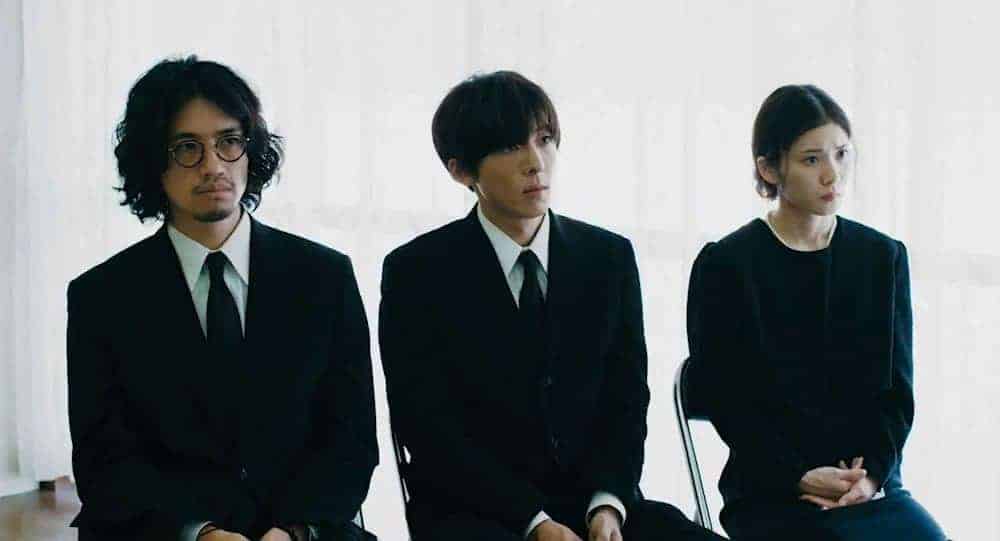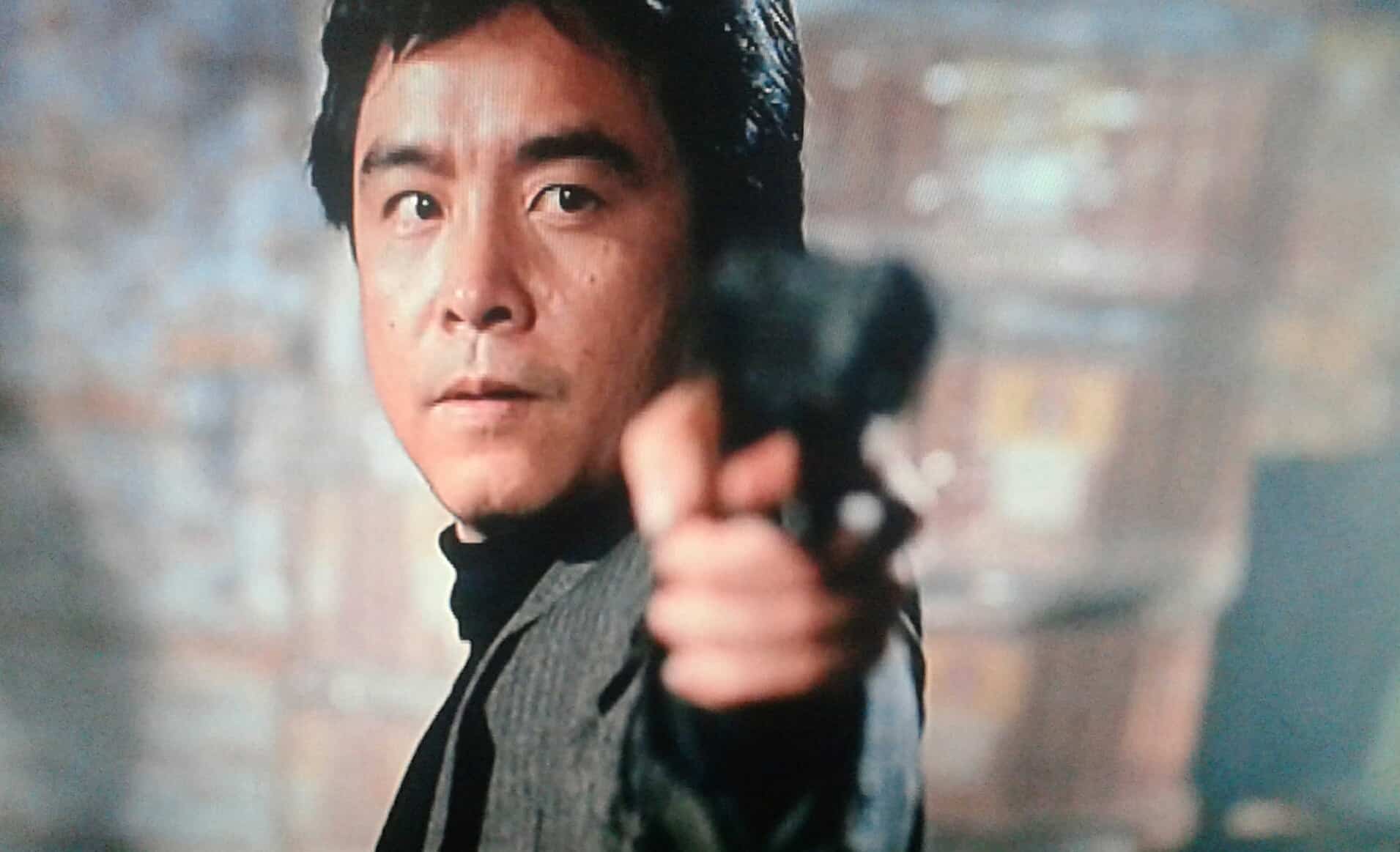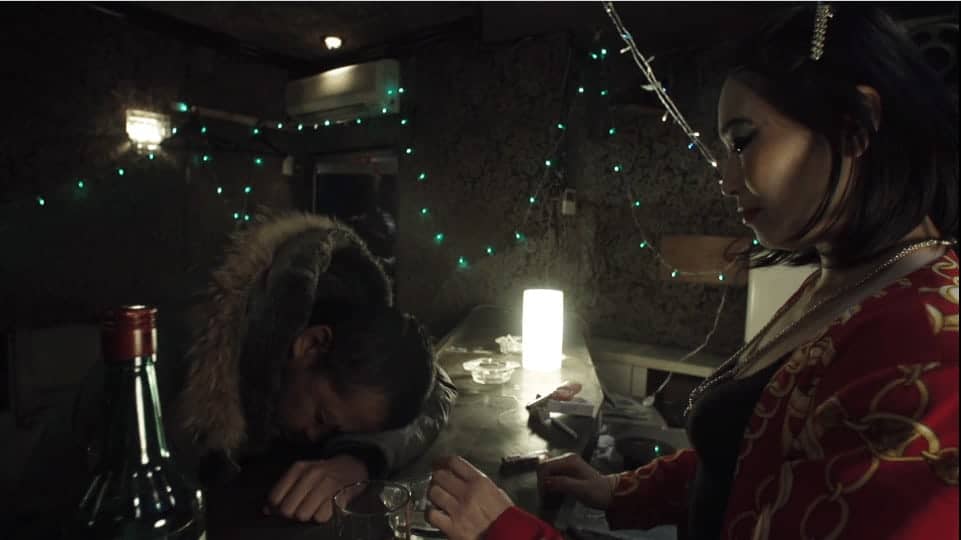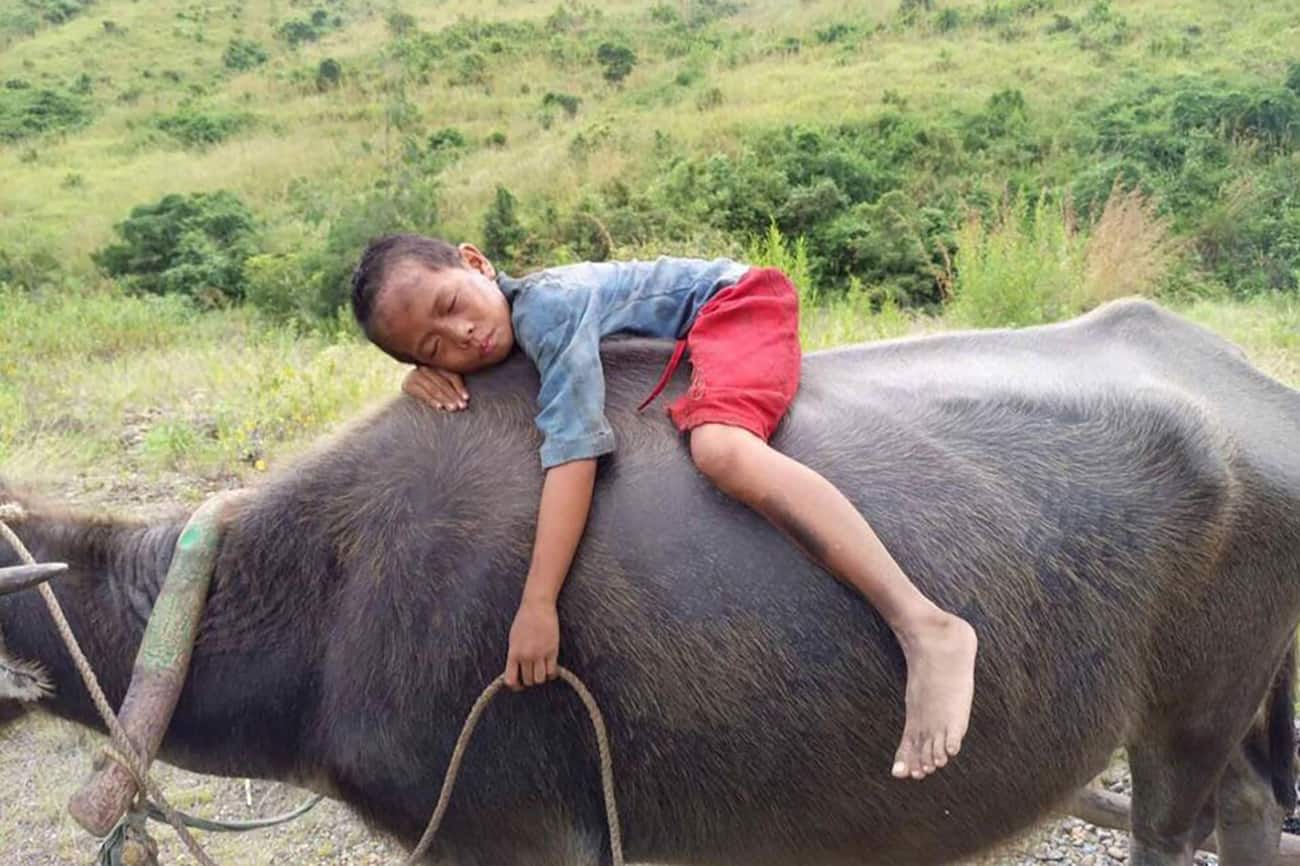Bamboo Stories” (2019) is a documentary written and directed by Shaheen Dill-Riaz, which previously won Best Film at Film South Asia 2019, a festival of South Asian documentaries.
Bamboo Stories screened at Osaka Asian Film Festival

It follows the journey of a 70-metre raft made from bamboo stems (the cargo is the raft itself) as it makes a 300km journey from the forests of Sylhet, in North-Eastern Bangladesh, down the river Kushiyara. As the film follows the progress of the raft, the viewer learns the story behind the bamboo, from its felling the in forest to its being bundled and floated to the river via a series of man-made channels. Then there's the matter of the business itself: the leaseholder, the wholesaler, the foreman and the bamboo cutters he oversees, the raftsmen and the retailers who haggle for the product as the raft wends its way past the ports; all must be paid or take their share of profit.
The bamboo cutters are paid a paltry sum for their arduous toil in the forest, all the while enduring leeches and mosquitoes, with the occasional elephant to make things even more difficult. The raftsmen have their own hazards to endure on the river, including the risk of attack by pirates and extortion by corrupt police. Behind all of this, however, “Bamboo Stories” opens a window into the lives of the people involved, telling their stories and those of their families through interviews and captured dialogue, and it is this human side which really dominates the film.
Good documentaries are inobtrusive, they tell a story through capturing the subject matter in a way that makes the direction almost imperceptible, and “Bamboo Stories” is one of those documentaries. There is no narration, the camerawork and the dialogue are all that are required to cover the many dimensions captured in this film: the dying bamboo trade; culture and humanity; the cycle of poverty; nature and the challenges and opportunities it presents. Dill-Riaz has made a film which is subtle in its direction: the contrast between the leaseholder's modern house and the bamboo hut of the foreman, or between the ample belly of the wholesaler and the lithe bodies of workers displays the disparities in wealth without the need for any contrived social commentary.
Dill-Riaz's cinematography is flawless, as it moves from close-up interviews that capture the humanity of the subjects and the colour of their clothes, to the wild but beautiful landscapes of the forest and the river, and drone photography is used sparingly but effectively (the aerial shots of the raft as it moves along the river imbue an almost trance-like ambiance to the earlier part of the film). Andreas Zitzmann's editing skillfully brings together a multitude of scene changes into a seamless and coherent whole, and Eckart Gadow's soundtrack accompanies the film well, helping to bring out the majesty of the landscape and convey a sense of serenity to the river.

“Bamboo Stories” brings together many different elements, which combine to create a rich and detailed picture of the bamboo industry, and the day-to-day lives of those who are involved in it, using the onward journey of the raft throughout the film as an effective point of reference. It is the individual ‘Bamboo stories' that are captured, and the backgrounds to those stories (sometimes with elements of tragedy) which are the centrepiece to this film, and this is done in a way which at times make them incredibly moving. I particularly felt a strong affinity with the sense of escapism and camaraderie of the raftsmen.
Ultimately what really shines through in “Bamboo Stories” is an almost life-affirming sense of humanity. An utterly compelling 96 minutes of film.


